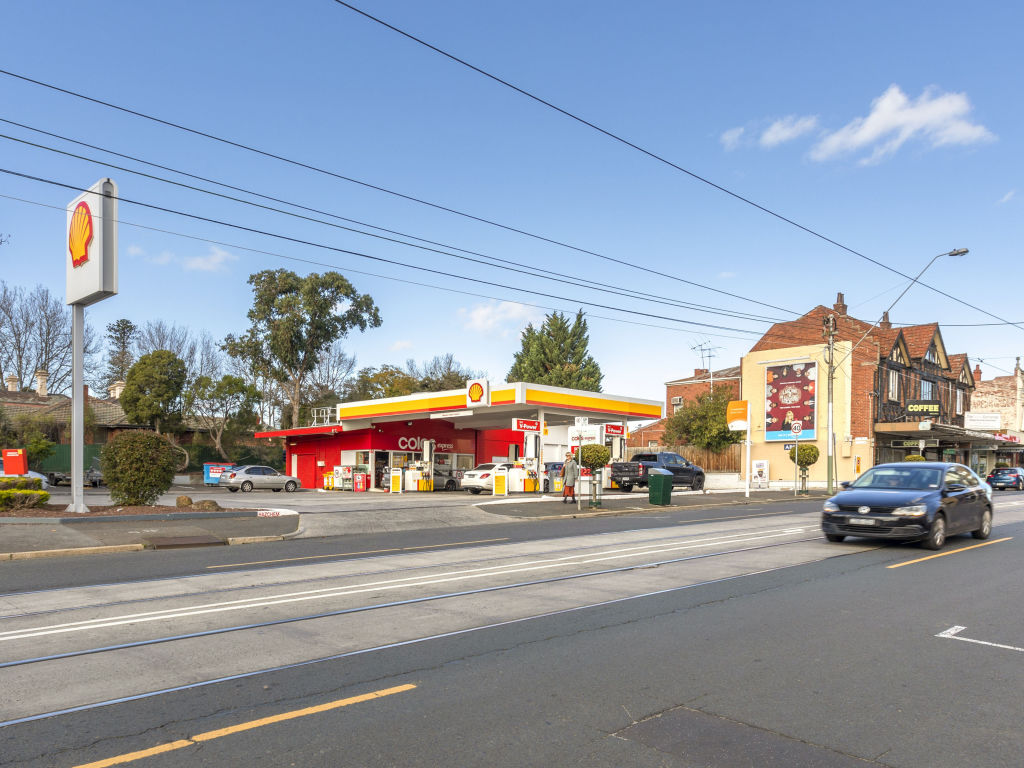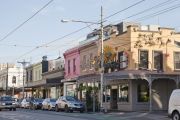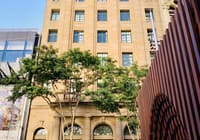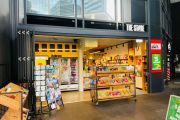
Switch to interstate auction room pays dividends for Burgess Rawson Melbourne
A regular auction day that was held outside Melbourne for the first time because of the continuing COVID-19-related restrictions still managed to sell most of its Victorian properties, in a sign that investors are still keen to buy commercial property despite the restrictions.
Burgess Rawson Melbourne sold 11 out of 13 properties at its portfolio auction, which was conducted from a Sydney auction room as a result of public auctions being banned under Melbourne’s stage four lockdown.
It was the first time the Melbourne office had conducted an online auction but investors were unfazed by the change, according to Burgess Rawson director Billy Holderhead, who reported that $43.321 million worth of assets were sold.
“We offered bidding via phone and online, as well as in person in Sydney,” said Mr Holderhead. “The change in venue and process did not deter investors, with registrations at an all-time high and strong bidding throughout the day.”
The tightest yield was for a service station at 800-802 Burke Road, Camberwell, in Melbourne’s east, at just over 2 per cent.
The auction attracted 41 bids from 26 registered bidders and sold to a Melbourne-based developer for $6.5 million, which was 14 per cent above its reserve price.
The asset is leased to Shell for a further six years, including a remaining five-year option.
The highest sale price on the day belonged to a McDonald’s and 7-Eleven located in Toowoomba, Queensland. Some 21 bidders competed for the property, which eventually sold for $8.62 million to a Brisbane-based investor on a yield of 5.2 per cent.
Seven properties spanning Pakenham, Wangaratta, Breakwater, Robinvale and Monbulk in Victoria and Morayfield in Queensland were purchased without a physical inspection, indicating that the Victorian government’s restrictions on property inspections had done little to dampen demand for commercial properties.
Demand for ‘essential service’ assets exceeding supply
Demand was driven by two key factors, according to Mr Holderhead: the considerable lack of properties on the market and the desire to invest money somewhere more productive than the bank.
“We’re finding there’s a lot of dead money and investors are getting really frustrated with poor returns on their cash sitting in the bank,” he said.
In particular, vendors are seeking assets leased to tenants deemed “essential services” during the COVID-19 pandemic or brands like fast-food chain KFC which have benefited from an uptick in drive-through demand.
“Investors are looking at who the tenants are and then whether or not they are an essential service. If they’re still satisfied to that point, they’re asking themselves, ‘Am I going to have to worry about any rent deferments or abatements?’”
Burgess Rawson managing director Ingrid Filmer said demand for these freehold assets had intensified since the onset of the pandemic.
“We were not surprised by the level of interest today,” said Ms Filmer. “Investors are actively searching for free-standing properties that have traded favourably throughout the pandemic. When COVID-19 hit, we quickly identified a ‘flight to quality’ and today certainly proved that.”
Mr Holderhead said the lack of supply had led to buyers becoming less concerned about the location of properties, instead adjusting expectations regarding yield according to the size of the town or suburb the asset was located in.
“When investors can’t physically inspect the properties, we’re finding they’re doing a lot more research. They are a lot more educated. They’re asking good questions right up to the morning of the auction,” Mr Holderhead said.
He said the strong showing at Wednesday’s auction proved that the market was still relatively buoyant.
“The market has been tested and we have proven that there’s certainly a lot of stuff that’s very saleable despite the pandemic – for some vendors, the selling environment is probably as good as it’s ever been,” he said.










